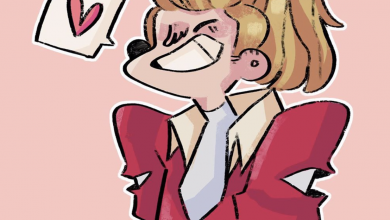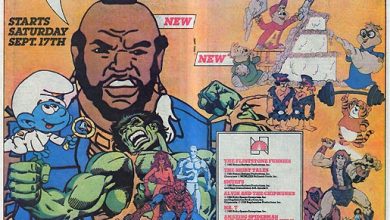No Trolling: Trolls World Tour’s Amazing Message

When my 9 year old convinced me to rent Trolls World Tour a couple of weeks ago, I was dubious. I had thoroughly enjoyed the first one, despite my reservations at the time, so I’m not sure why I was resistant. After all, a fun couple of hours with sunshiny bright pop tunes from the deep Universal catalog combined with what would almost certainly be a feel-good message seems on-point for weeks at home separated from friends and teachers and colleagues and all of the structure that is missing in our current everyday life. I supposed I feared that like a lot of sequels, it would fall disappointingly flat, and possibly even color our enjoyment of the original (Cars 2, I’m looking at you here). And honestly the trailers, with their demon-like rock music bad girl villain and seemingly surface takes on a variety of forced musical genre divisions, made me groan inside.
Y’all, I was so, so wrong. Trolls World Tour looks like a cheesy kids movie – and it is, indeed a cheesy kids movie, in all of the best ways. It is bright and colorful and glittery, with more of the great musical cuts that made the first so fun. The plot is artificial and slightly forced, but entertaining enough that a lot of those flaws can be overlooked. And yes, not surprisingly, a kids movie that is structured largely around divisions between musical genres does fall back on some easy and shallow stereotypes. But to get hung up on that surface would miss the big picture. This movie is actually a story about colonialism, involuntary cultural assimilation, and erasure of difference by dominant groups. It’s not even suggested. It’s flat out the theme of the entire movie.
Without getting too spoilery, when Poppy discovers the Funk/Hip Hop Trolls, she is presented with an explicit animated history of pop music appropriation, assimilation, and erasure of funk, hip hop and other genres. The film emphasizes that history is written by the winners, so it is no surprise that the scrapbook maintained by the dominant Troll culture completely fails to acknowledge how it appropriated elements of other cultures to their detriment. The icing on this awareness cake is that throughout the movie, the color-blind message many of us were sold as kids = that “we are all the same underneath and color/culture doesn’t matter” is expressly challenged. In the end, Poppy is forced to face the fact that her impulse to make everyone the same is no better than Barb-the-hard-rock Troll’s goal of making everyone a metal-head. It is our differences of experience and culture are what makes life so rich and interesting.
For the most part, the movie even manages all of this without being overbearing in its didacticism. All of this is absolutely explicit – which is good. We need more truly pop culture that actually addresses the inherent problems with pop culture – the sameness, the shameless borrowing and simplification of cultural trends, and the harm that is done when cultural connections are erased. But it manages to stay light and fun enough that it can start the conversation – like the film itself, it ends with the beginning of a new relationship between the various Troll communities, not the end of the discussion.




